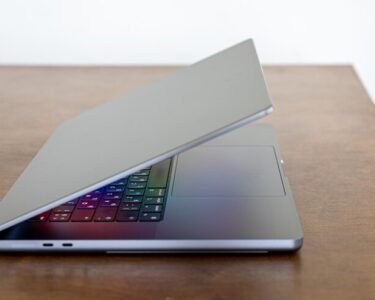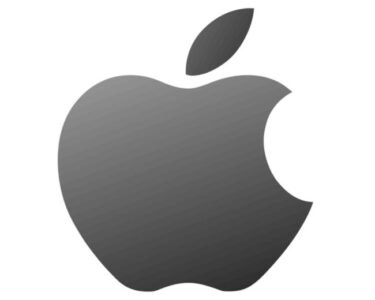This Country(Indonesia) May Ban Apple’s iPhone 17 Series: Here’s Why
Indonesia has indicated it may extend its restrictions on iPhone sales to include Apple’s upcoming iPhone 17 unless the company complies with local manufacturing requirements, according to the country’s Industry Minister, Agus Gumiwang Kartasasmita. This follows the ongoing ban on iPhone 16 sales, despite Apple’s recent proposal to invest $1 billion in building an AirTag tracking device factory in Indonesia. Officials argue the planned facility on Batam Island, near Singapore, does not meet the requirement for 40% of smartphone components to be sourced locally.
“The decision to sell the iPhone 16 or launch the iPhone 17 in Indonesia is entirely up to Apple,” Kartasasmita stated, hinting that the current restrictions could extend to future models. While Investment Minister Rosan Roeslani announced that Apple aims to begin operations at the AirTag facility by early 2026, Kartasasmita dismissed the proposal, emphasizing that only phone components count toward fulfilling the regulation. “As of this afternoon, the Ministry of Industry cannot issue a local content certificate for Apple products,” he added.
Indonesia, home to a population of 280 million and 354 million active mobile phones, has long used its sizable consumer market to attract foreign manufacturing. Apple has steadily increased its investment offers, starting at $10 million and now reaching $1 billion. However, officials argue these contributions fall short compared to the company’s sales in the country.
The ban, which began in October 2024, currently impacts both Apple’s iPhone 16 and Google’s Pixel phones. While Apple operates four developer academies in Indonesia, it has yet to establish manufacturing facilities in the region.







